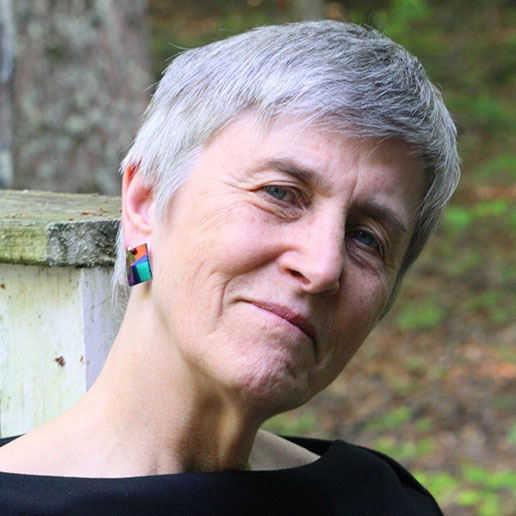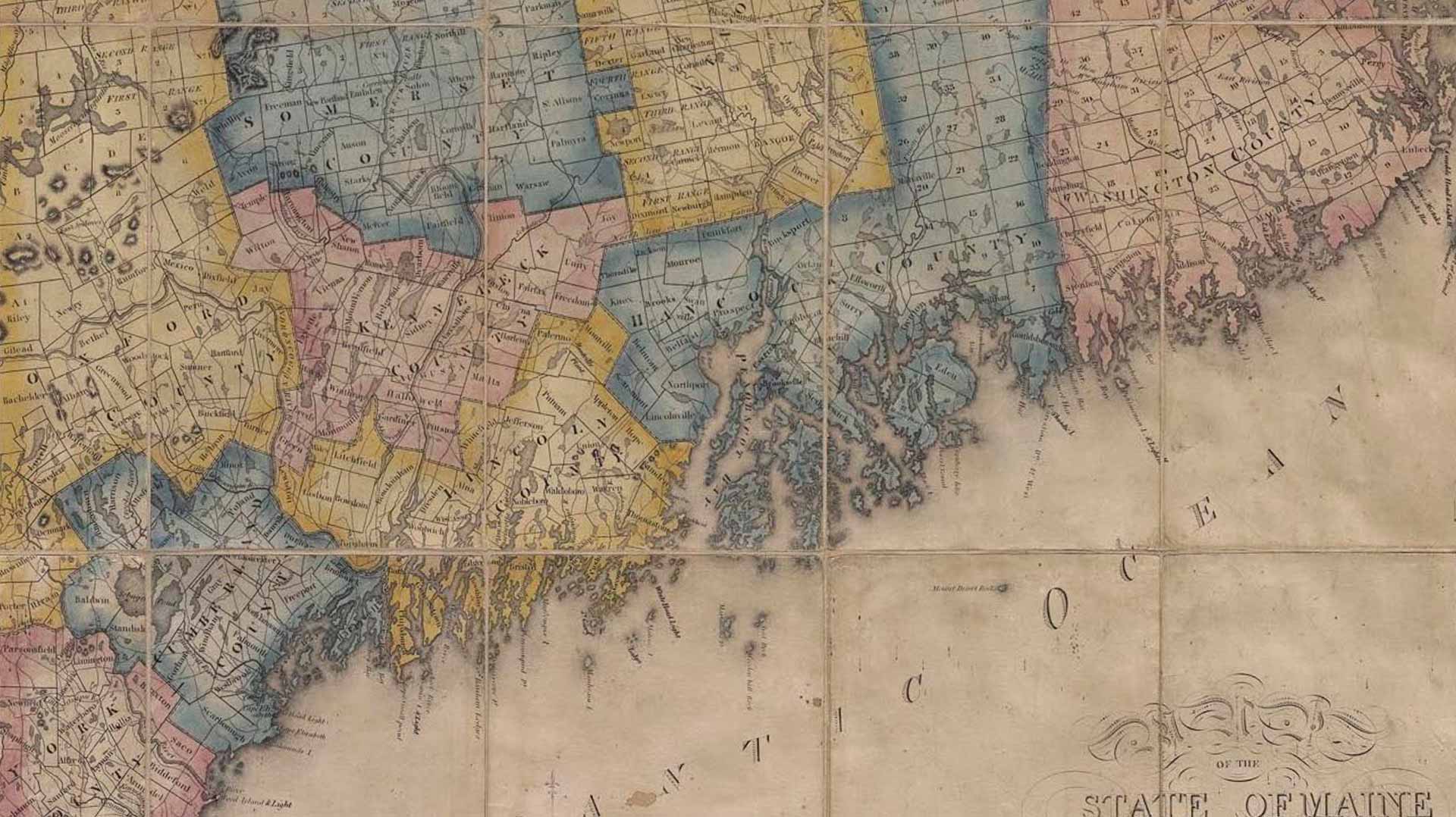Storyteller and oral historian
she/her
Before returning to her family home in western Maine as a freelance storyteller and oral historian, Jo Radner spent 31 years as a professor at American University in Washington, DC. There she taught literature, folklore, women’s studies, American studies, Celtic studies, and storytelling.
In 2023 she published a book, Wit and Wisdom: The Forgotten Literary Life of New England Villages, about a 19th-century tradition of creating and performing handwritten literary newsletters. Radner received her PhD from Harvard University and is a past president of the American Folklore Society and the National Storytelling Network.

Talks
Burnt into Memory: How Brownfield Faced the Fire
Drawing on interviews with townspeople, letters, photographs, and newspaper reports, Jo Radner tells the history of the furious 1947 wildfire that in a few hours destroyed almost all of the little town of Brownfield in western Maine.
Neighbors fought and fled the fire, saving what they could and supporting one another, then returned to the devastated town to rebuild their community. In the Brownfield citizens’ own words Radner tells an epic story of terror, courage, generosity, and hope.
Family Stories: How and Why to Remember and Tell Them
Telling personal and family stories is fun – and much more. Storytelling connects strangers, strengthens links between generations, and gives children the self-knowledge to carry them through hard times. Knowledge of family history has even been linked to better teen behavior and mental health.
In this active and interactive program, storyteller Jo Radner shares foolproof ways to mine memories and interview relatives for meaningful stories. Participants will practice finding, developing, and telling their own tales.
Wit and Wisdom: Homegrown Humor in 19th Century New England
Whatever did New Englanders do on long winter evenings before cable, satellite and the internet? In the decades before and after the Civil War, our rural ancestors used to create neighborhood events to improve their minds. Community members would compose and read aloud homegrown, handwritten literary “newspapers” full of keen verbal wit.
Sometimes serious, sometimes sentimental but mostly very funny, these “newspapers” were common in small villages across Maine, New Hampshire and Vermont and revealed the hopes, fears, humor, and surprisingly daring behavior of our forebears. Jo Radner shares discoveries about hundreds of these “newspapers” and when possible, provides examples from villages in your region.

